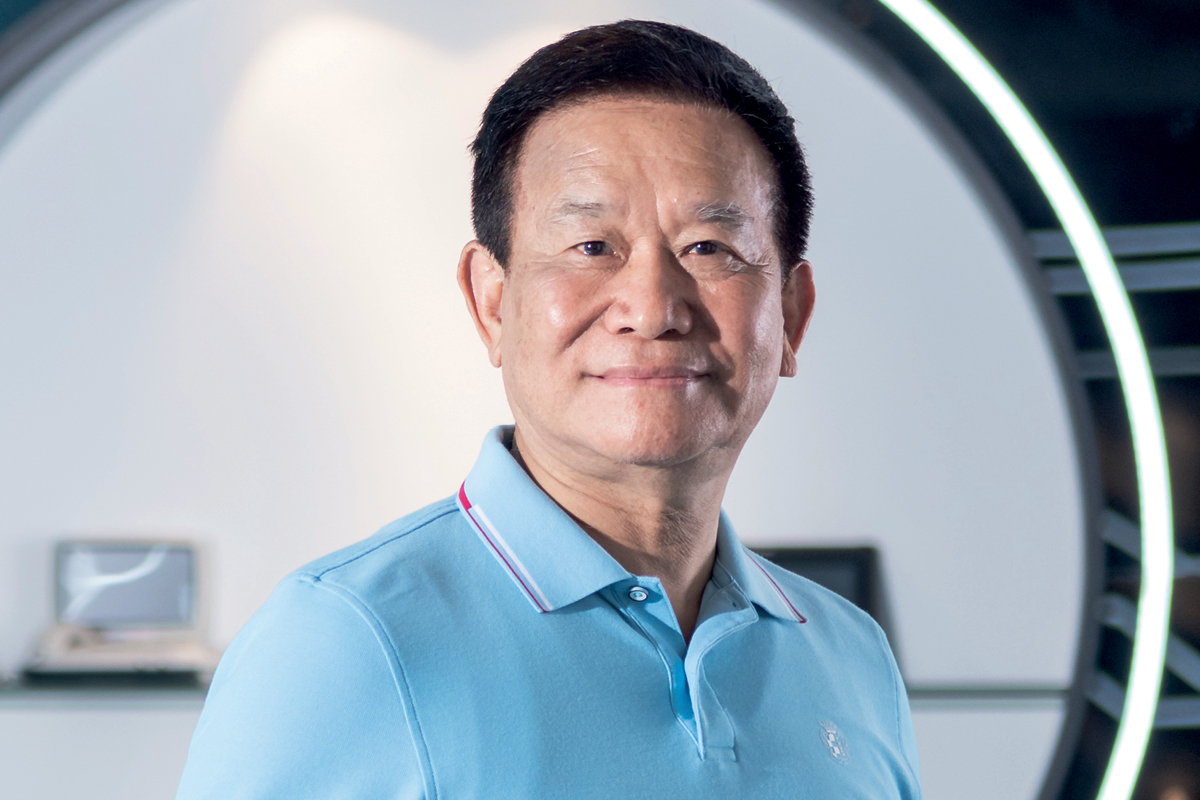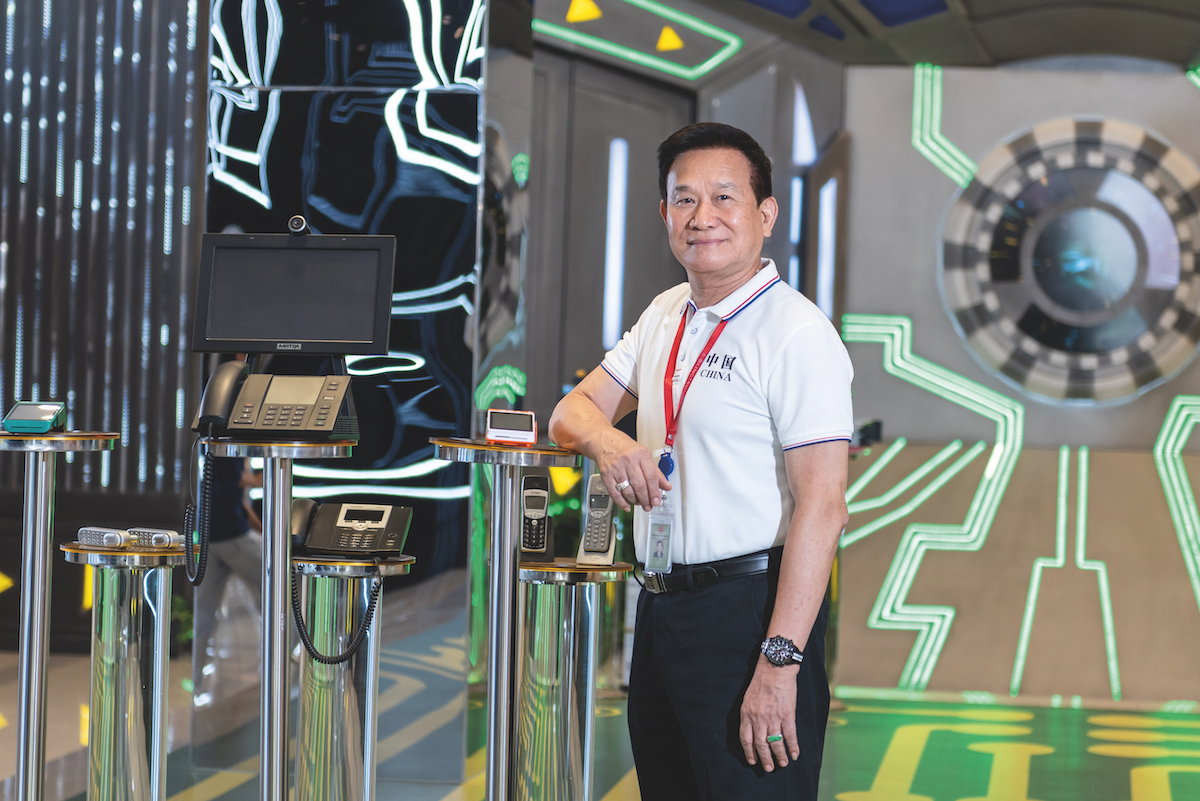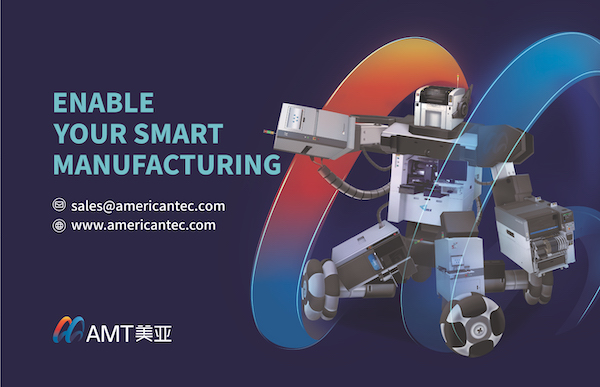From very small things big things grow. So it was for Dr Henry Tseng, an entrepreneur based in Hong Kong, who decided to invest in a factory in Xiamen in 1984, and founded Kingtronics Industrial Co (Xiamen) Ltd the next year to manufacture electronic and communication products such as telephone-answering machines, wired and wireless telephones, and more.

His investment and his products were a success, and the company diversified over the next two decades to become a group of businesses in widely different fields, including real estate, culture and entertainment, financial investment and trading.
Capping it off, the Kingtronics Group developed a 20-hectare site in the Zhangzhou Longchi foreign investment zone into the Kingtronics Scientific, Technological and Cultural Creativity Park – a high-tech manufacturing base with 23,000 square metres of office space as its headquarters. It also consists of other facilities such as employee dormitories and car parks.
In Xiamen, the Hong Tai Center houses the company’s China R&D and arts and cultural businesses, including two concert halls built for the China International Piano Competition, and several recording studios for audio and video production.
Henry says the company’s product range falls into three main categories: mobile payment products such as smart POS and multimedia consumer terminals, large-scale computer servers and industrial computers, and 5G products such as broadcasting base stations and terminals, and optical communication products.
“We are the largest manufacturer of smart POS in China, holding a 35% market share,” he says proudly. “We are the major suppliers for the top five smart POS corporations in the world. But our main and most popular products are digital products for fast communication, such as 5G-related communications and computer servers. We’re doing 8K television boxes too. We must, as a pioneer of products in that industry, continually improve and develop new things.”
“We must, as a pioneer of products in that industry, continually improve and development new things.”
Kingtronics’ longevity is built partly on relationships with its key suppliers of materials, without which the company would have faltered long ago. It’s a give and take arrangement, with both sides of the transaction committed to best practice and honest dealings.
“We have a long-term strategic partnership with our main suppliers on the premise that they are leaders in their respective industries,” Henry says. “Meanwhile, we also share a highly compatible corporate culture, philosophy and strategy so as to achieve long-term development and a win–win situation with our suppliers.”
“We have a long-term strategic partnership with our main suppliers.”
Kingtronics is currently taking manufacturing to a new level with its development of process automation and technology, or smart manufacturing. This is the new direction in manufacturing, according to Henry, and Kingtronics is positioned to be a global leader.
In a demonstration unit in its Zhangzhou manufacturing base, the company shows that it is capable of providing smart manufacturing services globally. This is a major thrust of the company’s future endeavours.

“Industry 4.0 is a very important worldwide manufacturing revolution,” Henry explains. “Traditional manufacturing is individual manufacturing. Siemens, Toshiba, Motorola and the like are manufacturing for their own business. We are creating new smart manufacturing services as a platform for worldwide manufacturing, and can set up this platform anywhere.
“Smart manufacturing is an industry trend around the world. Lots of enterprises are transitioning from traditional to smart manufacturing. They devote themselves to manufacturing integrated with automation and information. Yet, we believe there is still a long way to go.
“In the next 10 years, we will strive to provide excellent services to manufacturers who are members of our smart manufacturing platform integrated with information technology to enhance their manufacturing ability.
“Under the framework of Industry 4.0, we provide a smart manufacturing and sales service platform for all kinds of manufacturers, especially small- and medium-sized enterprises, managing from the supply side to the demand side. It covers the principles of full-line automatic system control and information sharing for industrial manufacturing, as well as all kinds of B2B strategies.
“But in our platform it’s different. We can provide automation and information together. In our system, we have three levels of cloud services: one is the global cloud, then the smart local cloud, and an internal operations cloud. We can provide basic smart manufacturing systems to them, such as material supply, but also manufacturing control, quality control and final delivery to the customer. So it’s a whole product chain, with the manufacturing chain included.”
Kingtronics provides cloud servers for many Chinese companies, computer manufacturing services and POS machines. The company’s third focus is producing 5G products, including fibre transmission terminals. This move to 5G communication and 5G-related products will be the industry trend in the future, according to Henry, including blockchain technology. This will be the direction of Kingtronics’ product development in the next decade.
“The future for the whole market will be very prosperous, and the demand might be considerable,” Henry predicts. Kingtronics’ smart manufacturing platform will continue to evolve to be a leader in the Chinese manufacturing industry. “Our efforts will ensure that the manufacturers in our platform are always highly competitive, staying ahead in technology as well as keeping their leading positions in their own industry,” he says.
Henry has an unusual way of describing his ambitions for dealing with customers. It is much the same as a sunflower, he says, with many small petals that represent everyone in the company. The sunflower always faces the sun, without which the sunflower cannot survive.
“The sun is our customer, so everyone must provide the best services to the customer. That’s the sunflower concept – it’s not just for customers but for everybody, from department to department. Departments must use the sunflower concept to serve other departments. It’s a very wise application for any business,” he advises.
“When your competitor improves and goes head-to-head with you, you need to diversify and change.”
Kingtronics also employs what Henry calls a CID concept, in which any company or product must be creative to stay ahead. If a creator does not innovate, they cannot remain a pioneer of the industry because competitors will follow and do the same thing.
“You need to go to a second stage and improve. When your competitor improves and goes head-to-head with you, you need to diversify and change. You cannot stay with the original product or original content. That is how we compete. We always use the CID context to guide our strategy and policy,” he says.
It hasn’t failed Kingtronics yet.
Proudly supported by:



